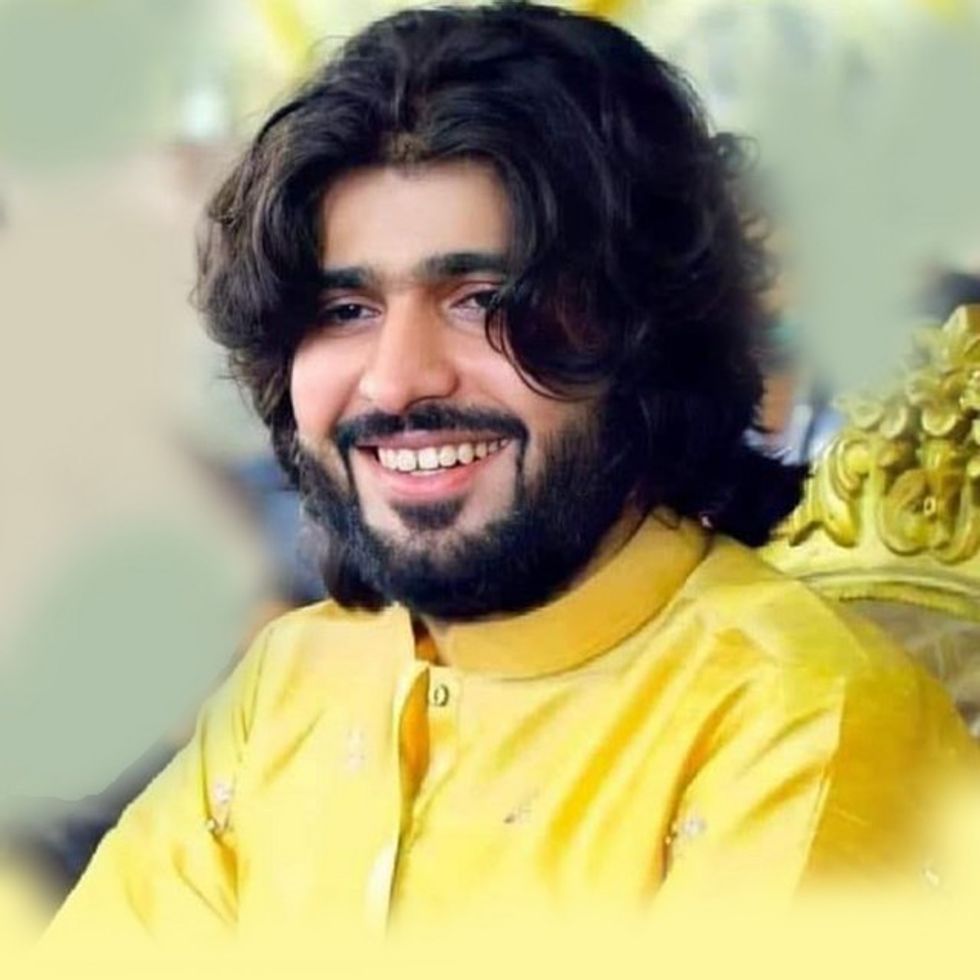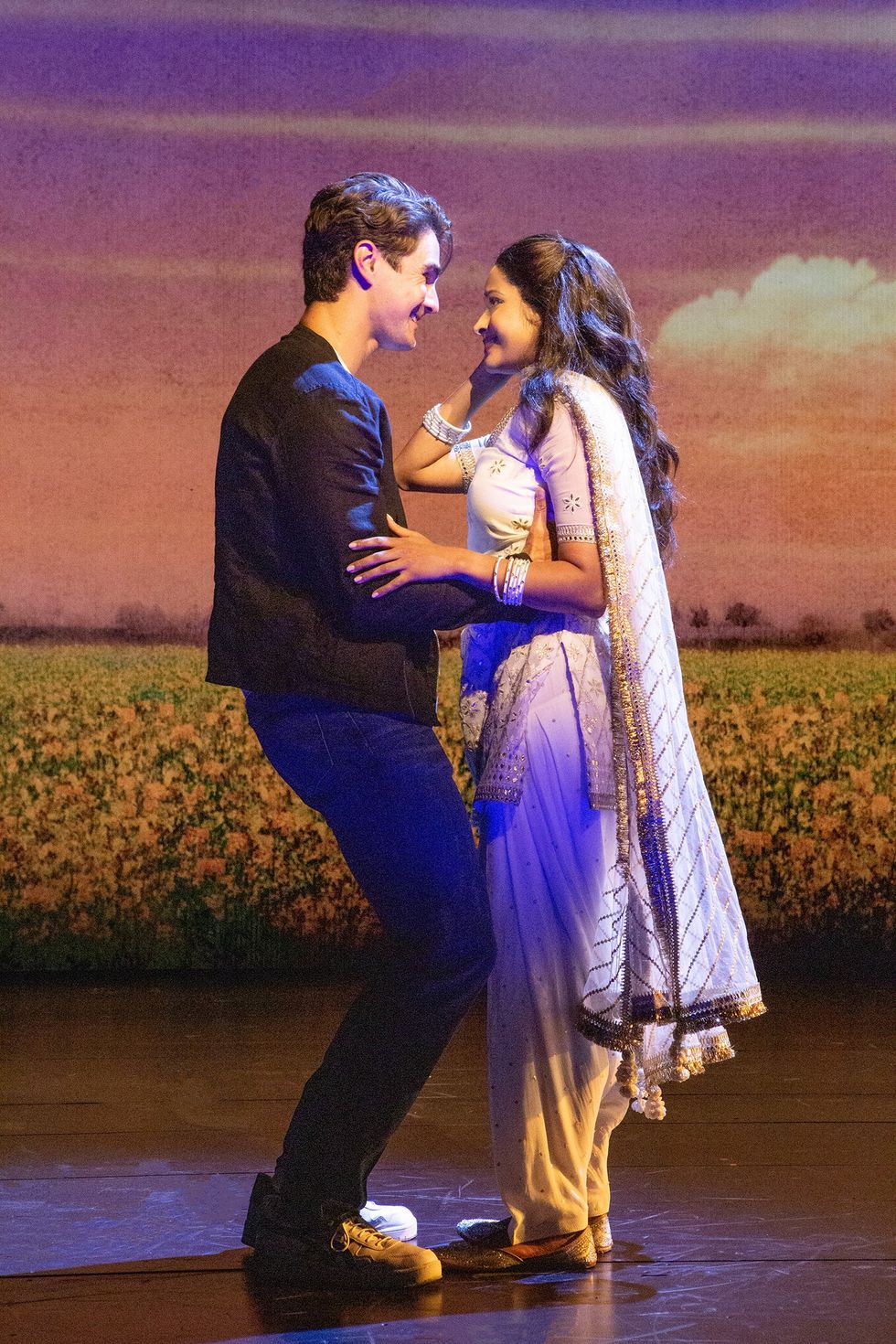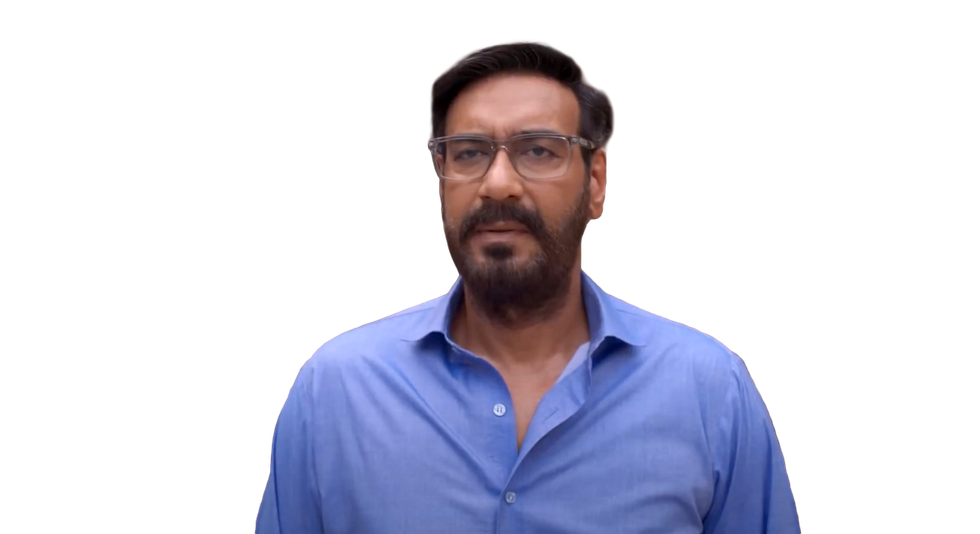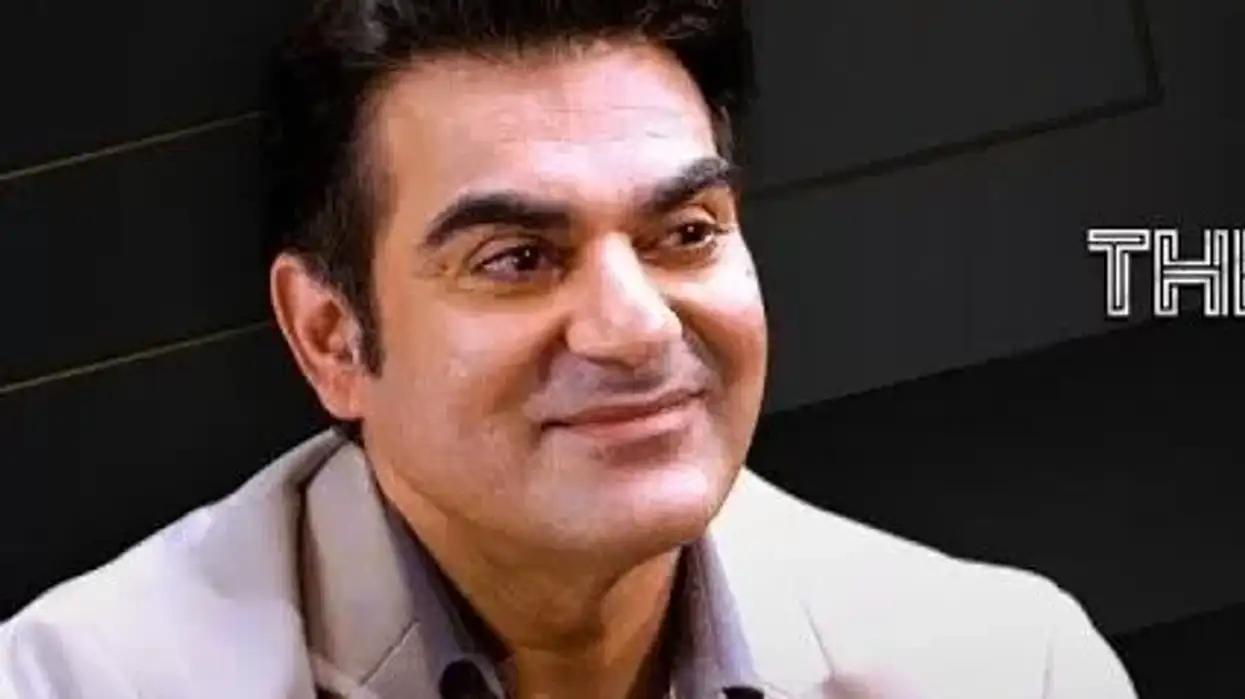THE USELESS KHAN BROTHER
AFTER failing as an actor, filmmaker and some would argue a husband, Arbaaz Khan has been relegated to hosting a talk show on YouTube. Salman Khan’s talentless brother has interviewed legends like Shabana Azmi, Waheeda Rehman and Shatrughan Sinha for the sporadically filmed series. Not surprisingly, his abilities as a talk show host are also not up to the mark, despite having some interesting guests. The only positive for him is that he seems to have more work than Salman’s other useless brother Sohail Khan.

JANHVI FLOPS
SHE may be getting a lot of opportunities in Bollywood due to her family connections, but Janhvi Kapoor needs to pick much better movies if she wants to have a successful acting career. The young actress has made consistently poor choices like her new release Ulajh, which generated very little buzz and turned out to be a huge box office failure. Like her previous releases, this awful film will be quickly forgotten.

FOLK FATHER TRIBUTE
LATE singer Shafaullah Rokhri was one of the finest exponents of Saraiki and Punjabi songs, before he passed away in 2020. The Pakistan music legend’s son Zeeshan Rokhri has followed in his footsteps and will deliver a culturally rich concert at the Beck Theatre in Hayes on August 25. The talented folk singer will pay tribute to his father at the show, with a full live band and promises to offer audiences a unique experience.

DDLJ FLOP HEADS TO UK
COME FALL IN LOVE, the stage musical version of record-breaking Bollywood movie Dilwale Dulhania Le Jayenge will be staged in the UK during summer 2025. Although it may seem like something worth getting excited about, the theatre production looks like an absolute stinker. It was billed as a Broadway musical in 2022, but premiered at a theatre in San Diego and didn’t make it to New York. One reviewer described it as under -whelming and another as aggravating. By turning the Shah Rukh Khan character into a white man named Roger, it took away authenticity from the original and turned off Bollywood fans. Unless they have completely revamped the show, which it doesn’t seem they have, Come Fall In Love will follow up a failure in America with being a huge UK disappointment next summer .
FATEH FILM DISASTER
IT IS so obvious that forth coming Bollywood film Fateh will be a huge box office disaster. But the film’s lead star and director Sonu Sood seems convinced that his action entertainer will be a huge success, instead of seeing it as the colossal waste money it is. The deluded actor somehow believes the awful looking movie headlined by him and fellow flop star Jacqueline Fernandez will generate interest when it releases in cinemas on January 10, 2025. The stinker will undoubtedly play to empty cinemas before being flushed down a streaming site toilet.

REMEMBER THE PIONEERS
WELL-DESERVED tributes poured in for Sangeeta when she passed away last month, after a long battle with cancer. But sadly, most from the modern generation had forgotten the pioneering singer or didn’t know who she was. This despite her being at the forefront of British Asian pop music in the 1990s and delivering unforgettable hit songs, including iconic anthem Pyar Ka Hai Bairi, which inspired a generation to follow in her giant footsteps. The talented singing star was planning a comeback after a long hiatus away from music, but that won’t happen now. With South Asian Heritage month coming to an end, a big part of the event in future should be educating the new generation about pioneers like Sangeeta, who opened doors for so many and deserve to be remembered.

JASON’S MOVIE HIT
JASON PATEL is the breakout star of newly released British film Unicorns. The story of a single father (Ben Hardy) and mechanic, who unexpectedly falls in love with a drag queen, played by Patel, has drawn in audiences. The 27-year-old British actor’s portrayal of a dazzling drag queen living two lives has received great reviews and will likely get nominated for multiple awards. Patel adds to the tidal wave of wonderful British Asian acting stars, who have been shining in recent years and subsequently inspiring others with their talent.

ALIYA’S SECOND BIG BOOK WIN
ALIYA ALI-AFZAL recently followed up her delightful debut novel Would I Lie To You with newly published book The Big Day. Resident Eastern Eye columnist Priya Mulji recently caught up with the talented British author in London. Aliya revealed that having a second book published is even more exciting than her debut and told Priya: “I’ve had messages from readers who had been waiting for The Big Day, after reading Would I Lie To You. Then there are new readers who have just discovered me via my second book and now want to read my debut. It feels surreal that I seem to now have ‘a readership’. “It’s also exciting to go into a bookshop and see two books written by me. It has given me a new sort of confidence and I’m excited to do it all again, and again.”
BIGG WIN’S SMALL IMPACT
AFTER a largely forgettable acting journey, Sana Makbul had her greatest highlight by winning Bigg Boss OTT 3 earlier this month. Although she won the popular reality TV show, this new found fame is unlikely to make much difference to her career. Like previous contestants on the various versions of India’s answer to Celebrity Big Brother, she will likely find herself in music videos and other reality shows, before quickly fading away. It illustrates that this trash TV show may get those participating a short burst of attention and a pay day, but ultimately ends up having a detrimental long term effect. Even popular celebrities, who have participated have found their respective careers take a dramatic nosedive.

DIRECTOR DELIVERS DUD
NEERAJ PANDEY had announced himself as a fine director with his first four films A Wednesday (2008), Special 26 (2013), Baby (2015) and M.S. Dhoni: The Untold Story (2016) being huge commercial successes. He then went on an inexplicable cinematic downward spiral by directing dud Bollywood thriller Aiyaary (2018) and producing a series of forgettable films. Pandey was hoping to stop that decline with new film release Auron Mein Kahan Dum Tha, which he wrote and directed, but as expected, the disastrous drama failed spectacularly at the box office. The flop about a convict falling for a married woman, starring Ajay Devgn and Tabu, demonstrated that Pandey has lost the magic he showed early in his career.




